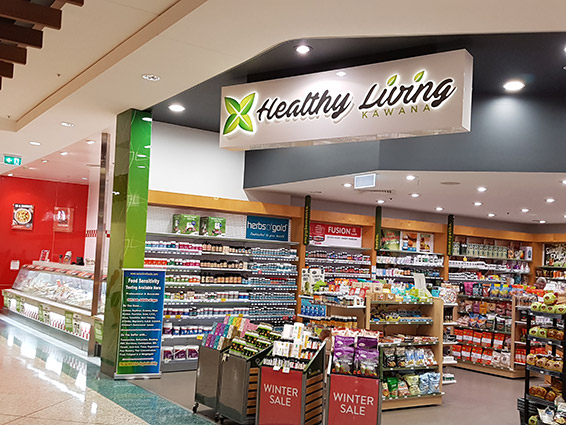Are you looking for Many Different Uses for Plastic Fabrication ? then you are in right place What do you think of when you hear the words ‘plastic fabrication’? Most people only think of things like plastic packaging, yet it’s a process that’s used extensively in many major industries.
Plastic fabrication is the process of shaping and molding plastic into many different forms and there are many different methods for doing this, including welding, compounding or blending, plastic extrusion and plastic foaming.
Plastic welding is generally used in thermoplastics as they can’t be bonded using glue, whereas compounding or blending involves mixing two or more types of plastic to create a new more durable material.
Plastic Fabrication
Plastic extrusion is the method used to make plastic tubes and pipes, and more complex shapes. It involves the plastic being melted and then cut into pellets to go through a dye which they do at simply plastics. This method produces very strong plastic, with a uniform density that can withstand more stress.
Plastic foaming, on the other hand, produces lightweight plastic products.
Far from being confined to the more obvious plastic products, plastic fabrication impacts most major industries these days, including the automotive industry. When you consider the bad press that plastic sometimes gets, its use in the car industry is quite ironic.
Did you know that every 10% reduction in vehicle weight corresponds to a 5% to 7% reduction in fuel usage? So, over the average lifespan of a vehicle, every 100kg of plastics will reduce fuel consumption of the vehicle by 750 litres.
High-Performance Plastics
Therefore, the greater use of plastic fabrication in the automotive industry is not only driven by the economy but also by environmental concerns.
Using high-performance plastics to build vehicles also means less corrosion, which gives them a longer life, which reduces waste. It also makes the vehicle more recyclable.
On the design and build side, it offers far greater freedom and flexibility, safety and comfort.
Then there’s the building industry; increasingly plastic is replacing other traditional construction materials – and for good reason. It’s cheaper, which means more affordable housing for starters. It’s also very strong but also very light, making it easy to transport.
Environmental Benefits of Plastic
Plastic doesn’t rot or corrode. It can also withstand extreme temperatures and weather conditions, as well as termites, making it an excellent choice for the Australian construction industry. It can be shaped into pretty much anything and is easily removed and recycled. Again, there are many environmental benefits to be had.
Look around your home, especially your kitchen. Without you even realising you are benefitting from plastic fabrication every single day, in the form of plastic kitchenware and utensils, plastic cupboards, drawers, splashbacks and benchtops. What about the flooring? Vinyl? It’s all around you.
An experienced plastic fabrication company can turn its hand to pretty much anything, even plastic replacement knees and hips! In fact, plastic has revolutionised the medical and healthcare industries, reducing costs and infectious diseases, and helping pain management. Then there are eyeglasses, contact lenses and hearing aids, all changing our lives for the better.
Must read Shark rocket duo clean reviews
Plastic Fabrication Company
The good news is that plastics are being reinvented for the future. They will still be able to do all the amazing things we’ve already mentioned and more, but they will be 100% recyclable, 100% biodegradable and non-toxic.
The global plastics industry is growing rapidly, and clear trends are emerging. Over the next few years, we can expect to see the plastic fabrication company playing an even greater role in the major industries.
As we’ve already seen it is very important in the construction industry and this is set to increase as the ‘tiny house’ movement grows. One company in the US is now building tiny houses entirely out of recycled plastics. Even the roof is made of plastic, with solar power cells built in.
There will also be substantial growth in bio-based plastics – that is, plastics that don’t rely on fossil fuels. Some major players are already experimenting with this; John Deere, for example, is developing new materials using flax and soybeans.
Plastics from Shrimps
As we move away from petroleum-based plastics to biodegradable alternatives, the true potential of plastic fabrication will become obvious. For example, leading textile manufacturer Dupont has created a polymer made from corn, that is being used for carpets and clothing.
Meanwhile, scientists at the Wyss Institute have developed a fully biodegradable plastic from a substance called ‘chitin’, which comes from shrimp shells!
So, what does all this mean for businesses and consumers on the Sunshine Coast? Whilst we may still be a long way from utilising shrimp plastic in our day-to-day lives, it does mean we can view plastics in a more environment-friendly way.
It also means that our local plastic fabrication company is able to come up with cost-effective solutions to our needs. Whether you need signage, a kitchen splashback, marine plastics or the smallest component to complete your project, the chances are they will have the solution.
